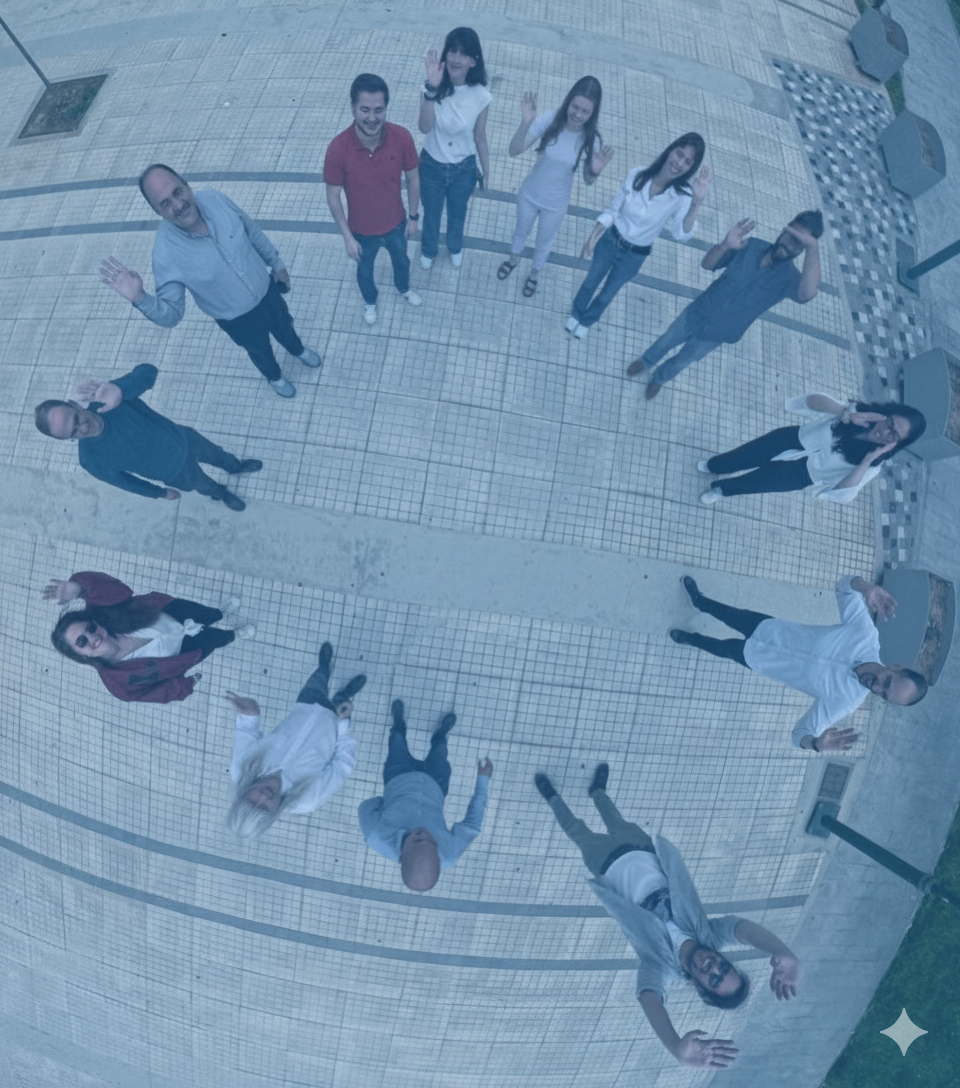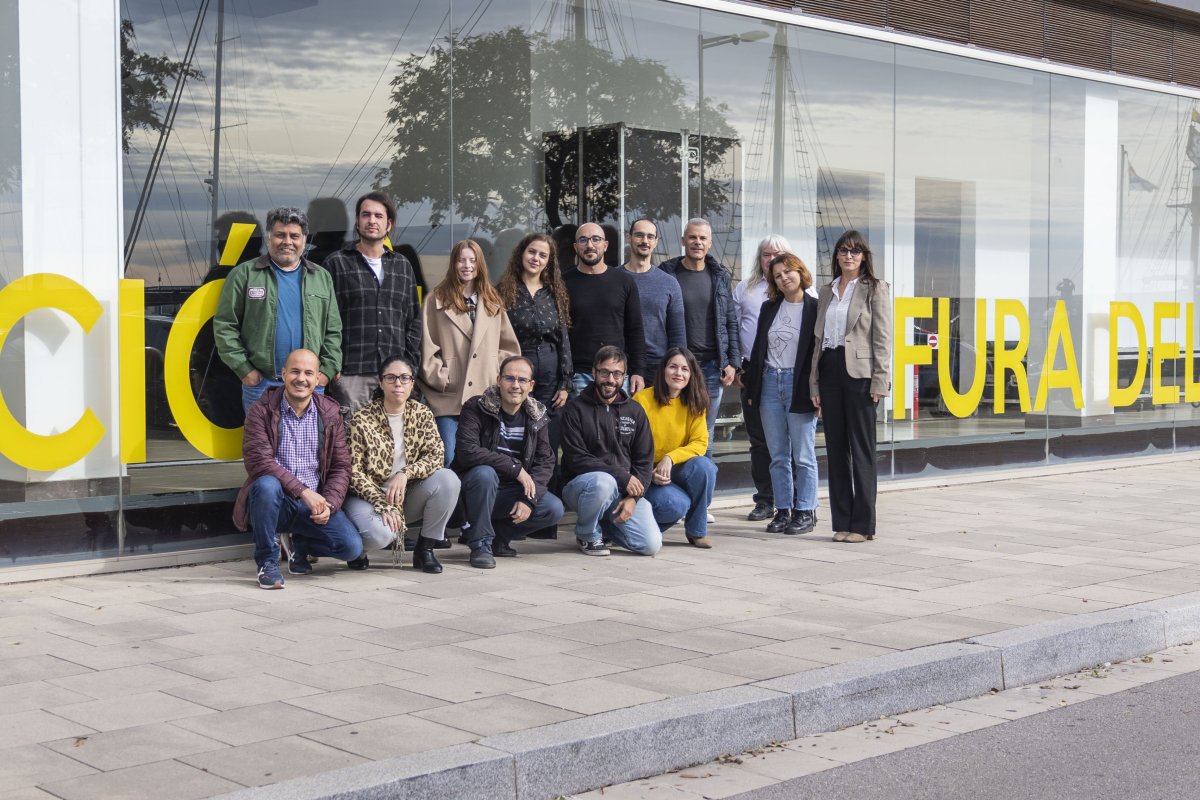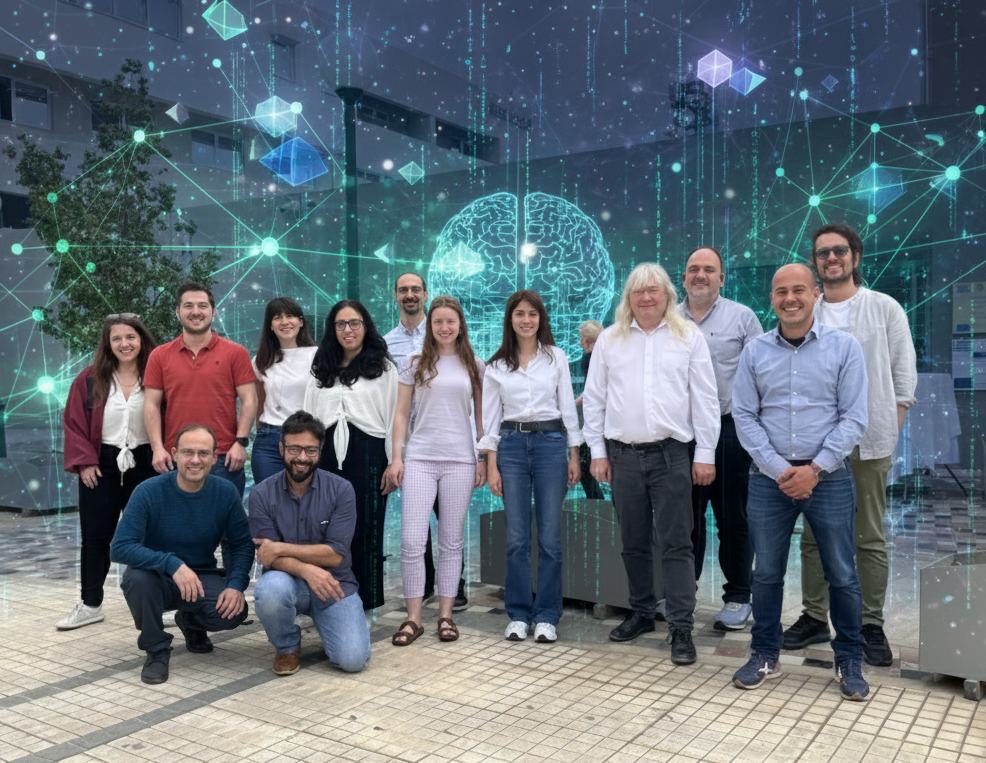The SCENE project aims at creating an ecosystem, where any violation of licensing terms becomes technically unfeasible, through registering a unique digital fingerprint to any creative work, be it film, music or script. By harnessing blockchain and AI, the SCENE project redefines intellectual property (IP) licensing in the European film industry, offering secure, transparent, and decentralised IP solutions for creators, while also supporting immersive, tech-enabled storytelling across the entire production pipeline.
“SCENE is not just about workflow automation; it’s about giving creators real control over their intellectual property while enhancing collaboration and content discoverability across borders,” explain the project partners, Giorgos Gogos (from CERTH, the Greek Centre for Research and Technology) and Alexandre Ulisses (MOG Technologies).
With AI-generated content rising rapidly, SCENE comes up with a multi-layered strategy for preserving content authenticity and IP rights. Its NFT-based licensing system ensures that each piece of creative content (from films to behind-the-scenes media) has a unique, verifiable identity. These tokens are minted and tied to legally binding smart contracts, ensuring transparent distribution and eliminating any ambiguity around ownership or rights usage. Backstage videos and behind-the-scenes content are minted as NFTs and distributed through crowdfunding, creating verified, traceable digital assets. These are protected by legally binding, blockchain-based licensing agreements.
Protecting IP in the Age of AI
AI plays a vital role at every stage of the filmmaking process. SCENE provides tools for audience behaviour analysis, AI-enabled location scouting based on style or logistics, and virtual simulation of lighting and acoustics, which are particularly useful when filming in heritage sites. Deep learning techniques are used to generate 3D models of cultural landmarks, which support immersive storytelling. Post-production benefits from AI-powered suggestions for visual/audio effects and quality assessments, while recommendation systems and multilingual subtitling modules further optimise content distribution. AI also supports the creation of semantic knowledge graphs for intelligent data search and retrieval.
The IPR preservation platform we’re developing uses blockchain to manage ownership and licensing securely, transparently, and without intermediaries.
 But it is blockchain that gives the project its IP backbone. SCENE embeds legally binding smart contracts (also known as Ricardian contracts) into its platform, merging machine-readable smart contracts with human-readable legal terms. Media assets are tokenised as NFTs, ensuring verifiable ownership, usage rights, and traceability.
But it is blockchain that gives the project its IP backbone. SCENE embeds legally binding smart contracts (also known as Ricardian contracts) into its platform, merging machine-readable smart contracts with human-readable legal terms. Media assets are tokenised as NFTs, ensuring verifiable ownership, usage rights, and traceability.
The question of “why use smart contracts instead of traditional licensing systems” is answered quite rapidly by Alexandre and Giorgos. “Because traditional contracts rely on slow, manual, paperwork-heavy, and often opaque licensing systems, while use of blockchain via smart contracts offers transparency, speed, and automation in administration.” Each piece of content, such as film, music, or script, is registered on-chain with a unique digital fingerprint. This immutable record ensures transparency and enforceability.
Smart contracts drastically reduce disputes, delays, and administrative burden. They empower creators to manage their rights directly.

“Smart contracts drastically reduce disputes, delays, and administrative burden. They empower creators to manage their rights directly,” notes Alexandre. SCENE’s objective is not to determine whether content is fake or AI-generated, but rather to create an ecosystem where any violation of licensing terms becomes technically unfeasible. By embedding security and traceability into the core of every content transaction, the system upholds the rights of original creators and builds trust across the production chain.
By utilising advanced technologies in user-centric IP tools, SCENE is laying the foundation for a resilient, inclusive, and innovation-driven creative economy in Europe, working together with legal experts, creators, and policymakers to protect human creativity and to shape standards for the ethical use of AI in the creative industries.
Images: Courtesy of the Scene project.
This Case Study was created under Creative FLIP, an EU co-funded project aimed at further increasing the long-term resilience of the CCSI in key areas such as Finance, Finance, Learning, Working Conditions, Innovation & Intellectual Property Rights.
Key Takeaways
• SCENE project transforms IP management in European filmmaking by embedding blockchain for secure, transparent licensing.
• Smart contracts and NFTs ensure content traceability, immutable ownership, and automated royalty distribution.
• AI supports the full content pipeline from creation to subtitling, distribution, and discoverability.
• Smart contracts eliminate intermediaries and reduce disputes while increasing trust.









 But it is blockchain that gives the project its IP backbone. SCENE embeds legally binding smart contracts (also known as Ricardian contracts) into its platform, merging machine-readable smart contracts with human-readable legal terms. Media assets are tokenised as NFTs, ensuring verifiable ownership, usage rights, and traceability.
But it is blockchain that gives the project its IP backbone. SCENE embeds legally binding smart contracts (also known as Ricardian contracts) into its platform, merging machine-readable smart contracts with human-readable legal terms. Media assets are tokenised as NFTs, ensuring verifiable ownership, usage rights, and traceability.
